Immigration has been the central issue in Germany’s 2025 federal election campaign. Kristina Bakkær Simonsen and Tobias Widmann demonstrate how this debate has increasingly been framed in moral terms and examine what this framing means for how citizens engage with political issues and with one another.
This Sunday, Germany will go to the polls in what has become an election campaign dominated by a single issue: immigration. The debate took a dramatic turn when Christian Democratic Union (CDU) candidate for chancellor, Friedrich Merz, appeared to break the so-called Brandmauer (firewall) by relying on the far-right Alternative for Germany (AfD) on a parliamentary vote demanding more restrictive immigration policies.
The backlash was immediate and fierce. Critics accused Merz of committing a Tabubruch (breaking a political taboo), with some going so far as to say he had opened das Tor zur Hölle (the gates to hell). In response, Merz framed his defence in an equally moralised register: It doesn’t become wrong just because the wrong people [the AfD] consider it to be right (“Es wird nicht falsch, nur weil es die Falschen für richtig halten”).
This exchange is emblematic of what we’re seeing happening in German political discourse right now: the increasing moralisation of immigration. Political actors on all sides are no longer merely debating policies but casting the issue in stark terms of right and wrong, good and evil. Our research sheds light on the drivers, implications and consequences of this phenomenon – and what it might mean for Germany’s political future.
Why is immigration so moralised?
Popular conceptions suggest that certain parties – the extreme right, the radical left or opposition groups – are more prone to moralising than others. However, our work challenges this assumption. We find that party-level factors, including ideology, extremity and political power, do not explain the moralisation of immigration. Instead, what drives moralised rhetoric is elite polarisation: when political parties move further apart on immigration, all parties – across the spectrum – begin to moralise the topic more intensely.
This creates a self-reinforcing cycle: the more political elites polarise on immigration, the more they frame the debate in moral terms. This, in turn, fuels even greater polarisation. Our research also shows that moral attacks on opponents are particularly frequent, suggesting that moralisation not only reflects existing divisions but deepens them, leaving little room for negotiation.
Anti-immigrant challenger parties
While elite polarisation is a key driver, not all parties wield equal influence over public discourse. In a study using German Twitter (now X) data, we find that the anti-immigrant challenger party Alternative für Deutschland (AfD) were especially successful in shaping how the public discusses immigration.
When the AfD intensifies its use of negative moral-emotional rhetoric, its language spreads, influencing how ordinary citizens talk about the issue online. In other words, moralisation does not stay confined to political elites – it trickles down, altering the broader discourse. The rhetorical diffusion of negative moral-emotional rhetoric is unique to the AfD, according to our analysis, as no other German party’s moral rhetoric had the same ability to set the tone of public discourse. Even if the AfD hasn’t convinced mainstream parties to fully adopt its policy positions, it appears to have fundamentally shifted the terms of the conversation.
The consequences of moralisation
Moralised political debates are not just symbolic. They have tangible effects on how citizens engage with political issues and with one another. Our research finds that when people are exposed to moralised statements about immigration, they begin to see the issue in a moral light themselves. This generates greater antipathy toward those with opposing views, making compromise and deliberation increasingly difficult.
The current moralisation of immigration in Germany could therefore have far-reaching implications. As the debate becomes more morally charged, it not only reinforces polarisation but also risks eroding social cohesion. In an already fraught political climate, deeper societal divisions are a likely consequence of political moralisation.
Where does this leave Germany?
The moralisation of immigration in the German election campaign could have repercussions extending far beyond election day. As political actors increasingly frame immigration in moral terms, they may be locking themselves into a cycle that makes future cooperation and pragmatic policymaking more difficult. The consequences of moralisation for public discourse and antipathy between citizens may become established as deep-seated fault lines with path dependent effects.
The question, then, is whether Germany’s political leaders can break free from this cycle or whether the upcoming election will further entrench moralisation as the default mode of political debate. Whatever the outcome on 23 February, the effects of this campaign will likely shape Germany’s political landscape for years to come.
For more information, see the authors’ accompanying papers in Political Science Research and Methods and Comparative Political Studies as well as their forthcoming paper in the British Journal of Political Science.
Note: This article gives the views of the authors, not the position of EUROPP – European Politics and Policy or the London School of Economics. Featured image credit: Juergen Nowak / Shutterstock.com

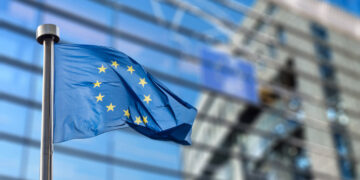

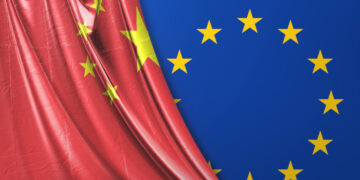
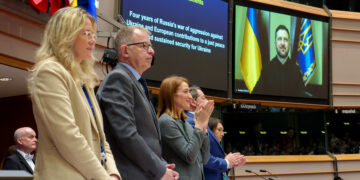
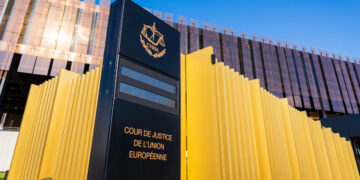
















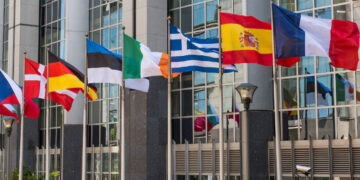





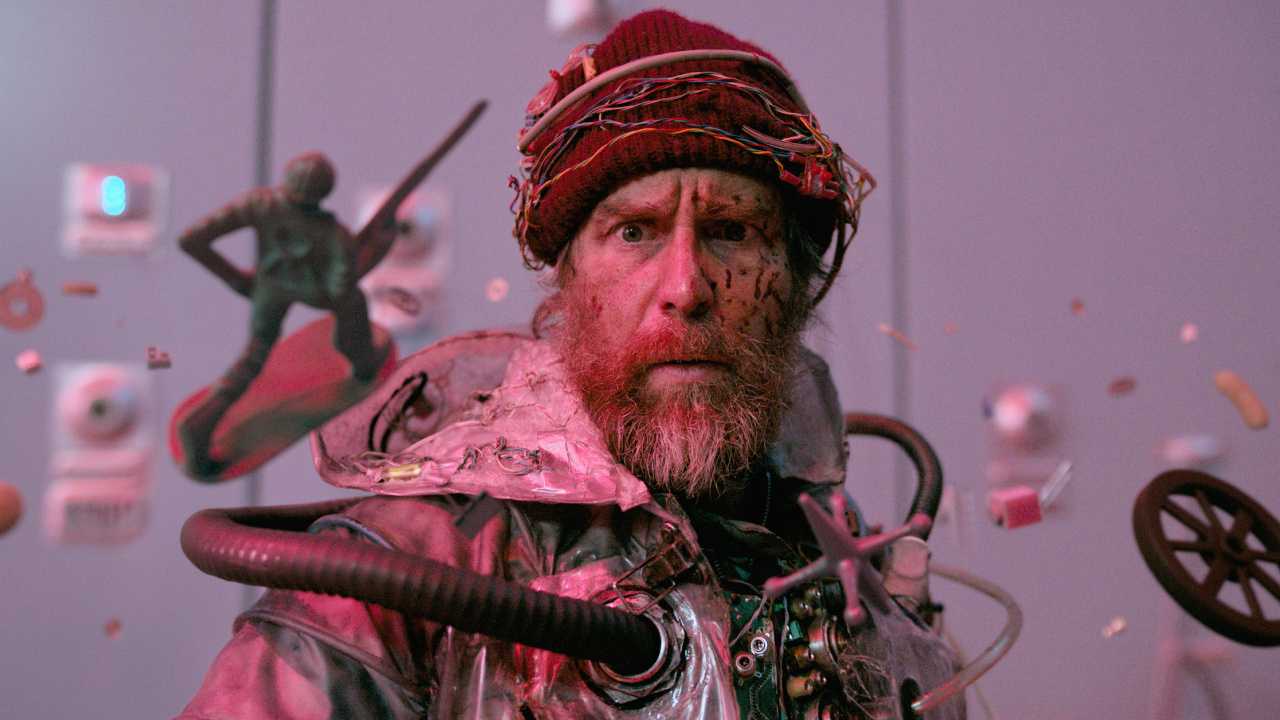



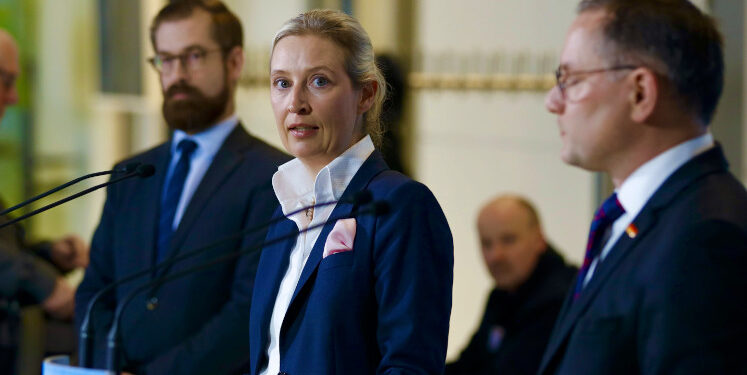
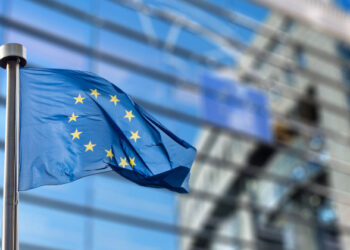

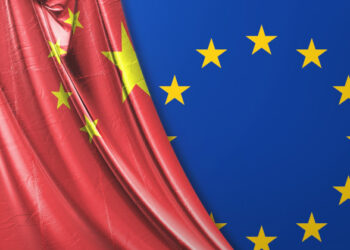
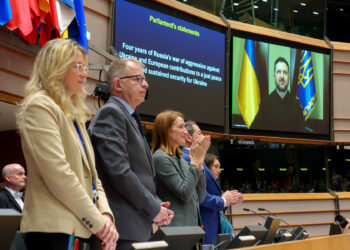
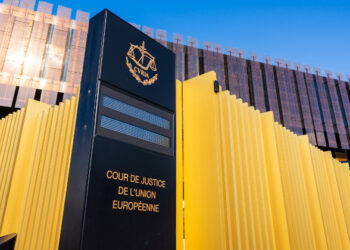




Discussion about this post